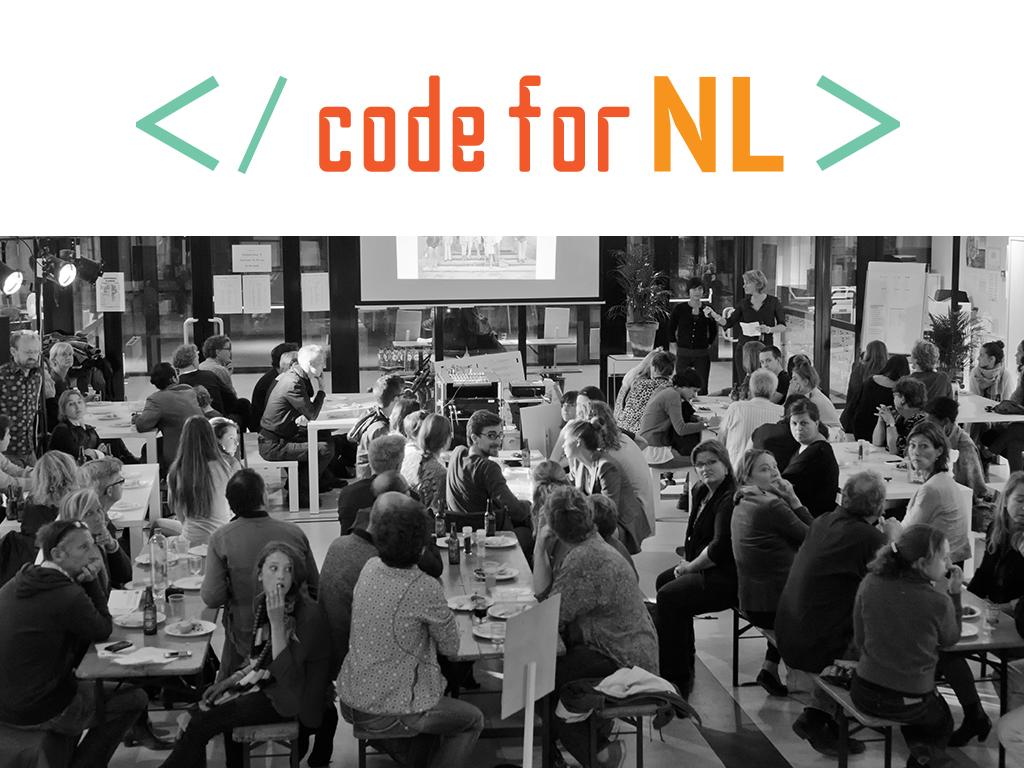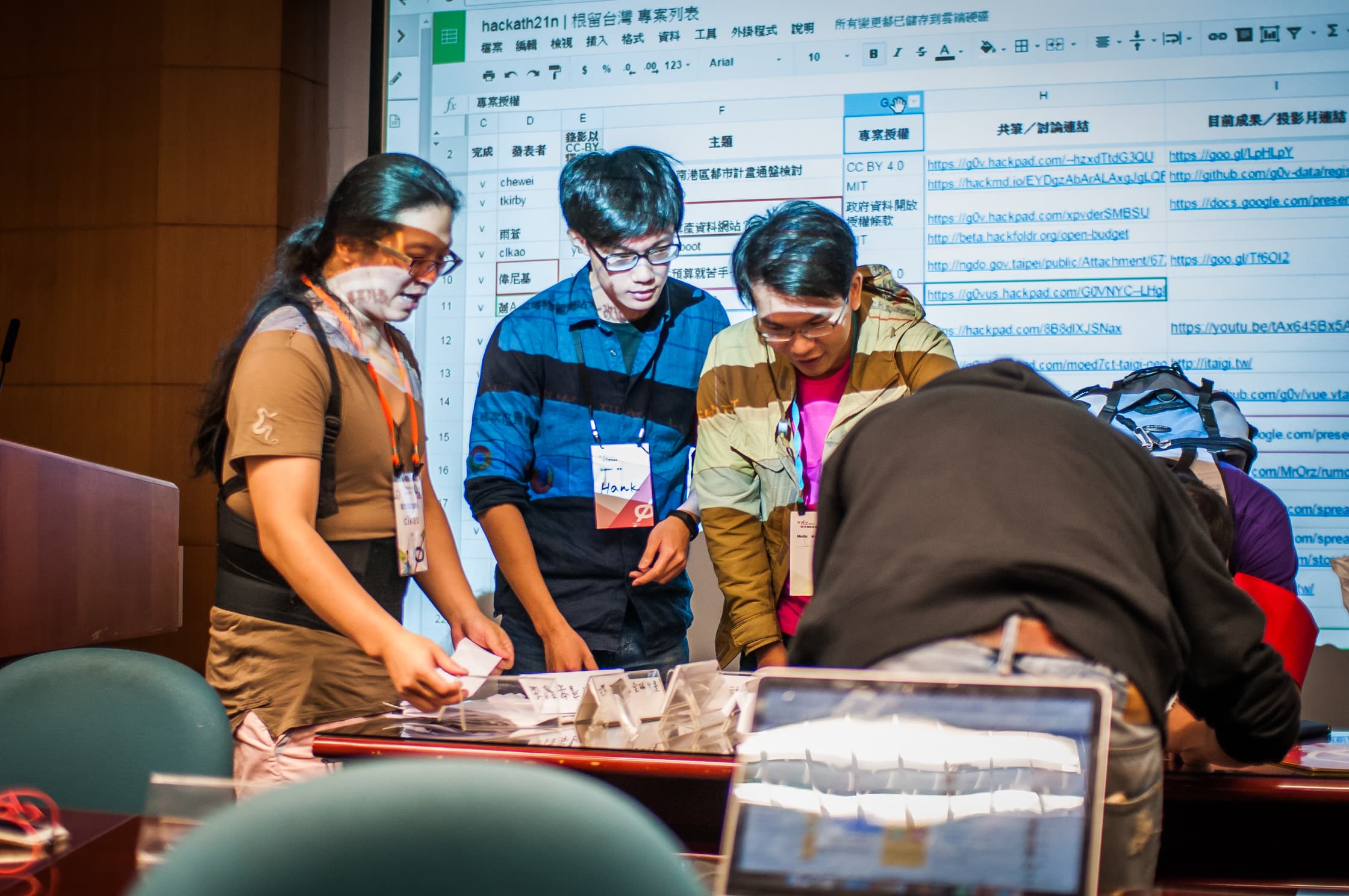Last week, the temporary ICT committee of the Dutch government came out with its crushing report. The government doesn't have control over its ICT and we are all reaping the bitter fruits. Cost: one to five billion euros annually. Not taking into account tens of thousands of wasted hours and frustration for the people who have to work with rickety software.
The conclusions in a row:
- The government does not have its ICT projects under control.
- Politicians do not realize it, but ICT is everywhere.
- The government does not live up to its ICT policy ambitions.
- The accountability and decision-making structure in ICT projects is very lacking.
- The government does not have sufficient understanding of the costs and benefits of its ICT.
- The ICT knowledge of the government is inadequate.
- The ICT project management is weak.
- ICT tendering processes contain perverse incentives.
- Contract management in ICT projects is unprofessional.
- The central government lacks learning capacity in the ICT field.
Unfortunately, this is not surprising for those who have followed reports on the website Werk.nl, Electronic Patient System, the C2000 system and the OV chipkaart (public transport card). Things have to change. I wrote a blog about smart cities, containing rules for the development of ICT last year. These apply for the government as a whole and could prevent much trouble.
They are:
- Citizens & users know more than the government; involve them actively in the design process. Do not pretend, but really listen and enter a dialogue about what needs to be done and how.
- Realize that the problem and the design can not be seen separate from the realization. Work agile on the basis of working prototypes that can be reviewed by all future users and be ready to start it if necessary.
- Know what you're talking about if you have ICT developed: provide sufficient hands-on knowledge and experience in your ranks. Never rely blindly on consultants and companies: they sell themselves, and only rarely the solution you're looking for.
- Break systems up in small parts, which make use of standards in order to communicate with each other. Small systems may fail; large systems fail for sure. In addition it makes the way for small development companies to carry out the work; they work twice as hard (and good) for half the price.
Wherever possible, make use of existing components and contribute actively to the public domain. Open content, open source and open data provide faster and better results, now and later.
More design rules can be found on the website of the United Kingdom.
It also helps to appoint Code Fellows: smart programmers and designers who work for the government under supervision for a few months. In the Code for Europe project, we have experimented with this approach. In addition to tangible solutions, it provides the public authorities with a view on what it means to develop technology - after which the procurement and tendering process will never be the same. This autumn we start Code for NL which we will help parties across the country to adopt Code Fellows.


